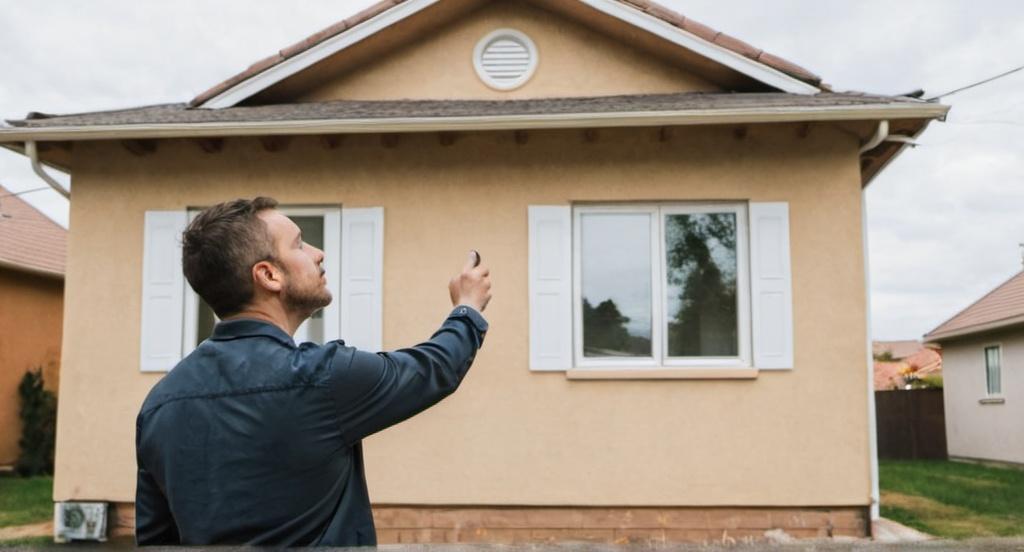Key Take Aways about Student Housing Scams: How to Spot and Avoid Them
- Student housing scams often target those looking for quick deals in unfamiliar areas.
- Scams play on urgency and trust; beware of requests for payment via unconventional methods.
- Common scams include phantom rentals, hijacked ads, and illegitimate sublets.
- Red flags: inconsistency in communication, reluctance to meet in person, too-good-to-be-true offers.
- Always verify property ownership, see the property in person, and use trusted rental websites.
- Utilize technology to research listings and ensure legitimacy with reverse image searches and reviews.

Understanding Student Housing Scams
Let’s be honest, finding a place to live as a student can be trickier than scoring a perfect GPA. Between affordable rent, proximity to campus, and finding a roommate who’s not a nocturnal party animal, there’s enough on the plate without housing scams muddying the waters.
Scammers know students are ripe for the picking, often rushing to secure housing in unfamiliar cities. These fraudsters excel at making things look legit, but their tricks aren’t foolproof. Think you’ve got street smarts? Let’s see if you can spot these dodgy dealings.
The Anatomy of a Scam
Most scams work on the basis of urgency and trust. Scammers will often list attractive properties at bargain prices. They’ll then create a narrative that’s as compelling as the latest binge-worthy series. They might say they’re out of town and need a deposit right now to secure your spot. Sound fishy yet?
Another red flag is when they ask for payment through unconventional means like wire transfers or gift cards. It’s like asking you to pay rent with Monopoly money—it’s just not real life.
Recognizing Common Scams
| Scam Type | Description |
|---|---|
| Phantom Rentals | Scammers create listings for properties that don’t exist or aren’t available just to get your money. |
| Hijacked Ads | Genuine ads are copied and reposted with altered contact details to redirect payments to scammers. |
| Illegitimate Sublets | Tenants illegally sublet their rentals at over-the-top prices, often without the landlord’s knowledge. |
Use Case: The Student Who Paid in Bitcoin
Meet Jake, a would-be art student who found a lovely apartment listing online. It had all the bells and whistles: spacious, close to campus, and dirt cheap. The only catch was that the landlord was traveling and required payment in bitcoin. Jake, not wanting to lose this gem, went for it. The result? No apartment, no landlord, and you guessed it, no bitcoin.
Spotting Red Flags
Knowing the tell-tale signs of a scam is half the battle. Trust your gut—if something feels off, it probably is. Look for inconsistencies in communication, like emails filled with typos, odd phrasing, or a landlord who avoids meeting in person. If the deal sounds too good to be true, it might just be a trap waiting to snap shut.
How to Protect Yourself
While scammers are as slippery as a fish on a line, you can still stay a step ahead. Always verify the ownership of a property by checking public records or contacting the actual management company. Never send money before seeing a property and signing a lease that feels like a real contract, not something scribbled on a napkin.
Also, use trusted rental websites and platforms that offer verified listings. They might cost a bit more in fees, but it’s a small price to pay for peace of mind, especially when the alternative is sending your hard-earned cash into the abyss.
Personal Strategies
Beyond the basics, having a personal checklist can keep fraud at bay. Ask for references from past tenants or request a video tour. Any hesitance or defensiveness from the landlord should raise your internal alarm. Remember, a legitimate landlord will want to ensure they’re renting to a responsible tenant just as much as you want a decent landlord.
The Role of Technology
Nowadays, technology isn’t just for swiping right or binge-watching your favorite shows. Use online resources to dig deeper into listings. Reverse image search the photos in listings to ensure they aren’t lifted from elsewhere. Check review sites for any dirt from previous tenants. While technology can be a double-edged sword, a little tech-savviness goes a long way.
Conclusion
Dodging student housing scams involves more than just luck. It’s about keeping your antennae up and doing due diligence before making any big decisions. That fifth-floor walk-up with a “view” of the dumpster might just be the safest bet after all. As you embark on your academic journey, make sure your housing situation is as solid as your study plan—or at least more believable than that fish story.